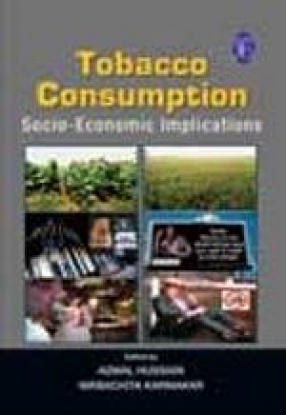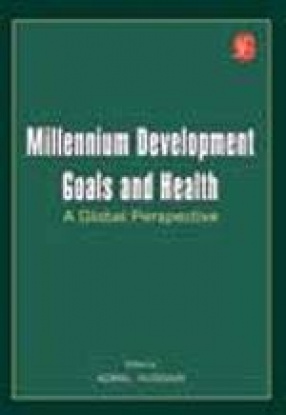Tobacco Consumption: Socio-Economic Implications
Despite the uneven consequence of tobacco consumption, it is on the rising spree for the middle and the low income countries, as evident from over 80 percent of the smokers hailing from developing and transitional economies. Here comes the role of the tobacco industry, having a huge market potential in these countries due to weaker tobacco control measures and increasing prevalence of tobacco consumption among the youth and women. In such a scenario regulation of tobacco consumption becomes indispensable. While the conventional demand management programs take the form of 'taxing the bads' through price rise, ban on advertisement, and regulation of smoking in public places, there can also be supply management mechanisms in the form of curtailing tobacco production through raising alternative crops. This brings us to the issue of alternative livelihood opportunities for the tobacco growers. Set in this frame, the present volume is an attempt to shed light on the various dimensions and dynamics of tobacco consumption and control with a global perspective. The book is divided into two sections. The first section elucidates an overview of the tobacco economy with its implications and finally throws light on the tobacco industry focusing on corporate social responsibility. The second section extends the issues to country perspectives, citing examples of both demand and supply management measures incorporating some out-of-the box cases like agricultural diversification and crop alternative to tobacco.
Get it now and save 10%
BECOME A MEMBER











Bibliographic information
Azmal Hussain